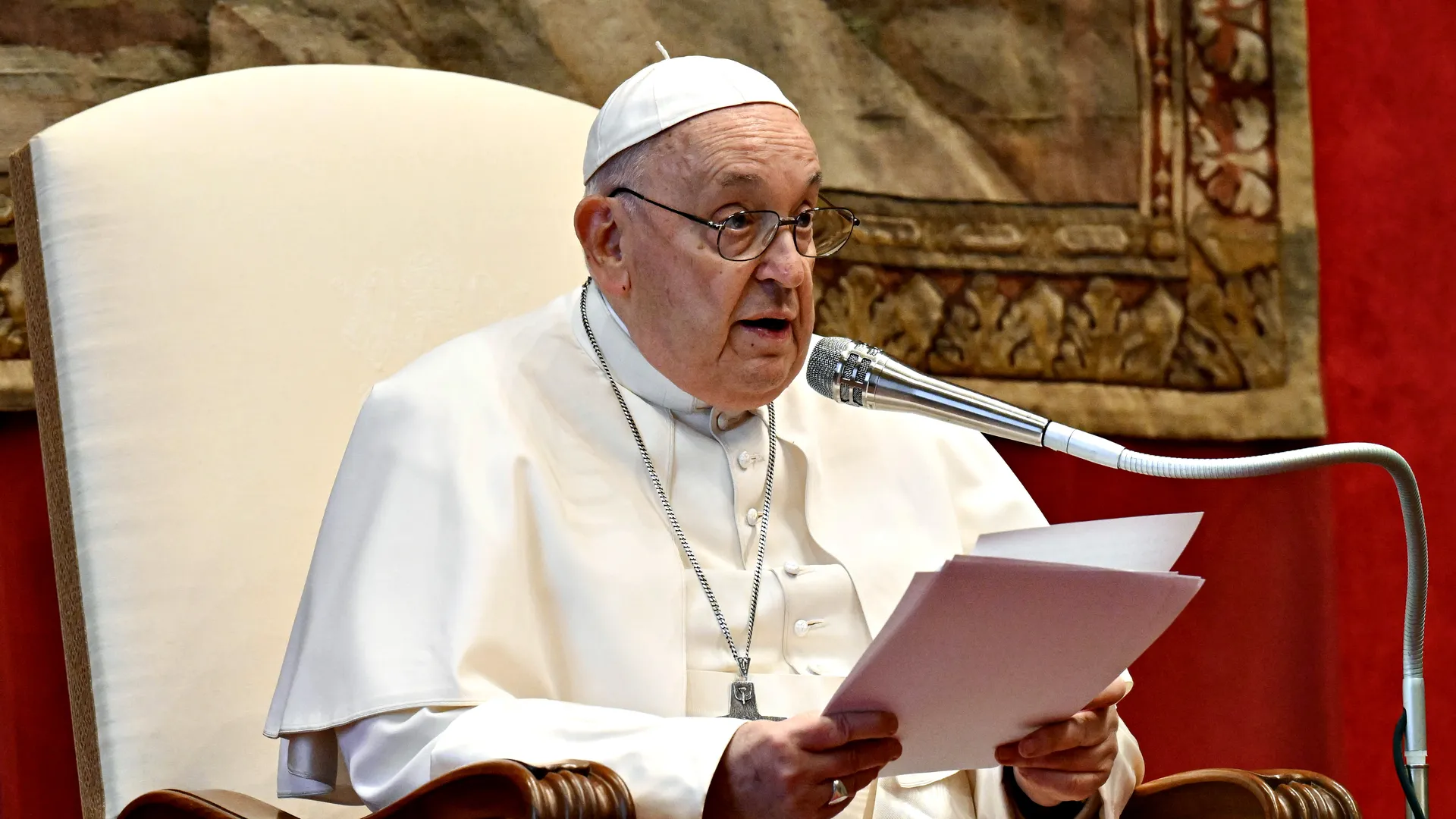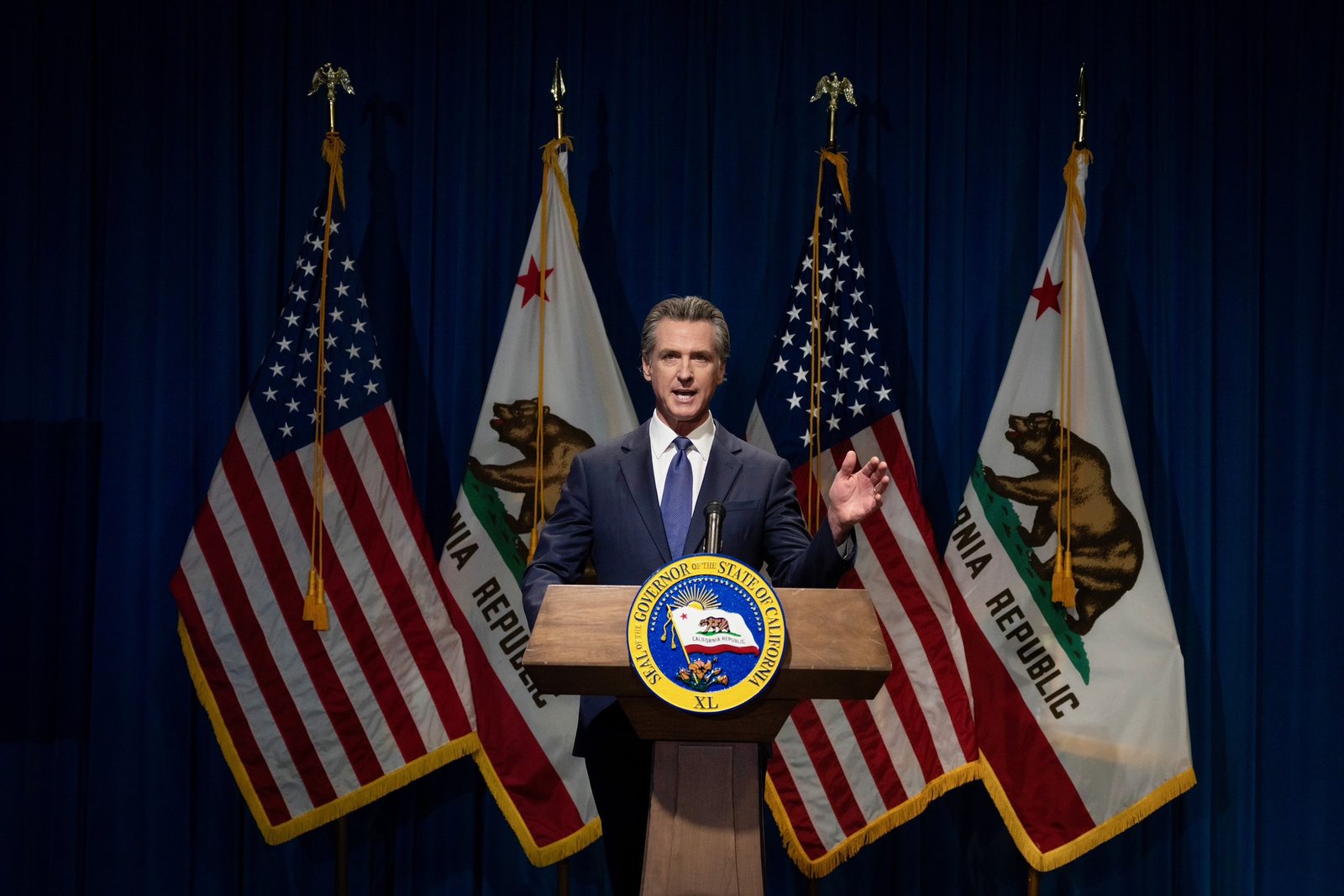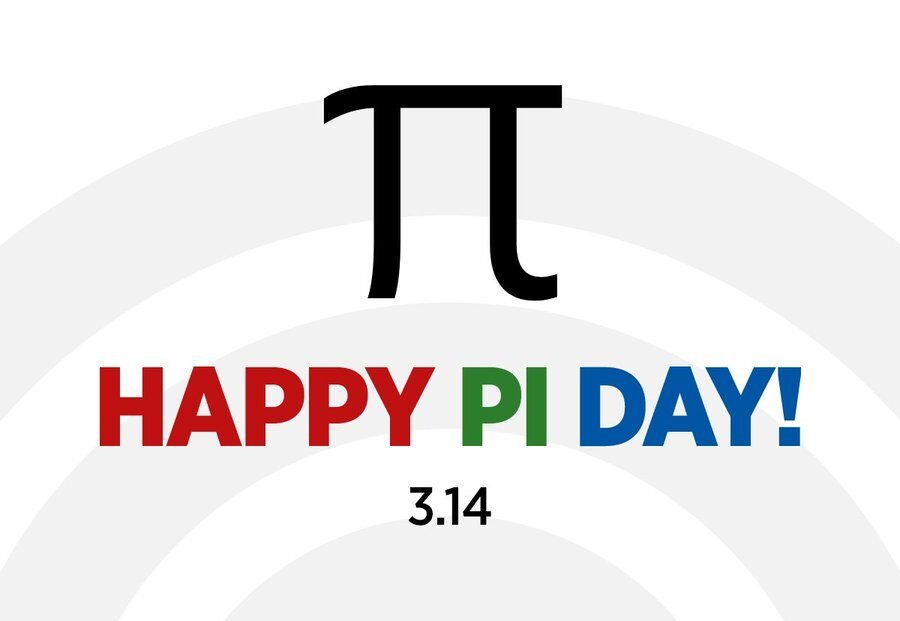In a sweeping address to the world’s bishops on Monday, Pope Francis called for a global ban on surrogacy, labeling it a “grave violation of human dignity” and an “inhuman and increasingly widespread” practice.
The Pope’s remarks, which were delivered during his annual “state of the world” address to the Roman Curia, the central governing body of the Catholic Church, were met with both applause and criticism from various corners of the globe.
“The practice of surrogacy is a grave violation of the dignity of women and children, and it is our moral obligation to speak out against it,” the Pope said, according to a Vatican spokesperson. “We must work tirelessly to ensure that the human rights of all individuals, particularly the most vulnerable among us, are protected and respected.”
The Pope’s stance on surrogacy is not a surprise, as the Catholic Church has long been opposed to the practice on the grounds that it reduces human life to a commodity and undermines the sanctity of human life. However, the Pope’s call for a global ban on surrogacy is a significant development, as it puts the Church at odds with many governments and advocacy groups that support the practice as a means of building families.
Surrogacy, which involves a woman carrying and giving birth to a child for another person or couple, is legal in many countries around the world, including the United States, Canada, and much of Europe. The practice has become increasingly popular in recent years, particularly among couples who are unable to conceive or carry a pregnancy to term.
Critics of surrogacy argue that it can lead to exploitation of the women who serve as surrogates, particularly those who are poor or marginalized. They also argue that it can create emotional and psychological conflicts for all parties involved, including the surrogate mother, the intended parents, and the child.
Supporters of surrogacy, on the other hand, argue that it provides a vital means for individuals and couples to build families, regardless of their sexual orientation or gender identity. They also argue that it can be a safe and healthy option for both the surrogate mother and the child, when properly regulated and monitored.
The Pope’s call for a global ban on surrogacy is likely to spark a heated debate and controversy, both within the Catholic Church and beyond. However, the Pope’s call for a global ban is a significant development, as it puts the Church at odds with many governments and advocacy groups that support the practice as a means of building families.
It is unclear how the Church plans to implement such a ban, as it would likely require significant changes to laws and regulations around the world. Additionally, the Church’s stance on surrogacy is not universally accepted, and many Catholics disagree with the Church’s position on the matter.
The ban is also likely to be met with opposition from governments and advocacy groups that support surrogacy, as it would restrict the reproductive rights of individuals and couples who rely on surrogacy to build their families. The debate over surrogacy is a complex one, with valid arguments on both sides, and it is unlikely that the Pope’s call for a global ban will resolve the issue anytime soon.
The controversy surrounding the Pope’s call for a global ban on surrogacy is likely to be a long and contentious one, with no clear resolution in sight. It is important for all parties involved to engage in respectful and thoughtful dialogue, considering the ethical and moral implications of surrogacy and the impact that a ban would have on individuals and families around the world.
Why did the pope ban surrogacy?
The Pope has banned surrogacy because the Catholic Church believes that it is morally wrong and can lead to the exploitation of women and children. The Church teaches that human life is sacred and should be respected from conception to natural death, and that all human beings have inherent dignity and worth. Surrogacy, in the Church’s view, can be seen as reducing human life to a commodity that can be bought and sold, and can also lead to the objectification of women and children.
Additionally, the Church teaches that the primary purpose of marriage and sexuality is the procreation and education of children, and that surrogacy can be seen as a violation of this purpose. The Church also believes that surrogacy can be harmful to the children born through it, as they may experience psychological and emotional difficulties as a result of being raised by a surrogate mother who is not their biological mother.
The Pope’s ban on surrogacy is part of the Church’s broader teachings on the sanctity of human life and the dignity of the human person. The Church believes that all human beings have a right to be treated with respect and dignity, and that this right must be protected and upheld at all times.
What is deplorable surrogate parenting?

Deplorable surrogate parenting refers to the practice of surrogacy where the surrogate mother is treated poorly or with disrespect, often for financial gain. This can include situations where the surrogate is not provided with adequate medical care, is pressured into aborting the pregnancy, or is forced to give up the child after birth. Deplorable surrogate parenting can also involve exploitation of the surrogate’s vulnerable situation, such as when she is a poor or uneducated woman who is desperate for financial gain.
In the Catholic Church’s view, deplorable surrogate parenting is morally wrong and can be harmful to all parties involved, including the child. The Church teaches that the practice of surrogacy can be exploitative and can lead to the objectification of human life. The Church also believes that the practice can undermine the dignity of the human person and the sanctity of human life, and can be harmful to the child’s psychological and emotional well-being.
The Catholic Church teaches that the best way to build a family is through the loving and selfless act of adoption, where a child is adopted by a loving couple who are willing to provide a stable and nurturing home. The Church believes that this is a more ethical and morally sound way to build a family, as it does not involve the exploitation of vulnerable individuals, such as surrogate mothers.





